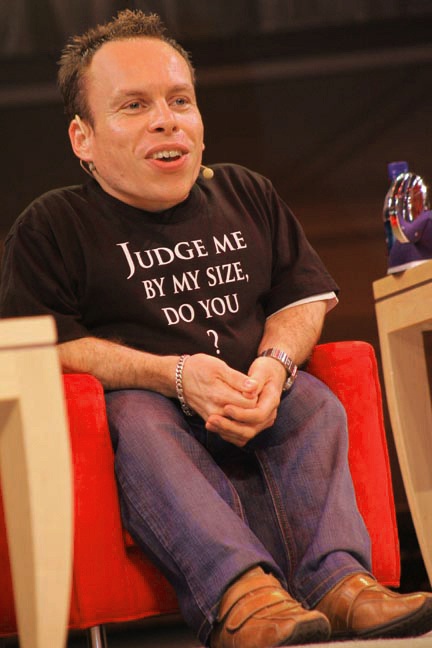Hi,
I am now starting a GP rotation, my last rotation ever as a medical student (I really hope!). I have this GP rotation for one month, then a month of revision lectures, then my finals. A scary thought, though I really do hope that this is my final medical-student rotation (as otherwise I would be re-doing the whole year...) This GP rotation seems good though, with a lot of chance to run my own clinics and talk with patients. This is good, in that it gets me ready for all the patient-contact parts of my finals, but bad in that it takes up a lot of my time, meaning no real time for revision. The GP practice is about 45 minutes drive away from my home, and I am usually in from 9 'til about 5.30. It is like having a full time job, but without getting paid!
Because I am spending some time in the GP, it means I get to see a lot of patients. In the first few days I spent time with several of the partners who run the practice, watching their consultations, and some sessions with some of the practice nurses. This GP surgery is right in the middle of the country, in a relatively affluent village, and the patients (and doctors) tend to be quite well off. The GP I spend much of my time with this week is very different to doctors I have met before. He is about 50 years old, but very much 'jack the lad', swearing a lot, and bantering a lot with his male patients, while flirting with the elderly females. This goes down surprisingly well, and his patients clearly love him. I am told that he transferred here a couple of years ago from a nearby (but not close) GP surgery, and over 2,000 patients transferred to follow him. This isn't common, and shows that this consultation style clearly works for him. He is still very much a country man, though, and was sad this Wednesday after having to shoot his pet sheep, as it was ill.
Thinking about it, I wouldn't mind a pet sheep. I wonder what my flat-mates would say...
The GP surgery runs a cottage hospital, where they have a few beds and an X-ray machine, so they can admit patients who are mildly ill and treat them without needing to send them to a large, acute, impersonal hospital. This cottage hospital is run by GPs and nurses. This seems like a lovely idea, meaning patients get care from their own doctors, in a location which is much warmer and less rushed than an acute hospital, while not having to travel far from their own homes. If there is a medical emergency, however, an ambulance needs to be called to take the patient to a 'real' bigger hospital. I think this is good for the doctors, as well as being good for the patients, as it means that the GPs can still practice a little hospital medicine, and perform minor operations and investigations themselves. After this week of GP, I really don't think I would mind working as a GP at all! Seeing the same patients time and again seems lovely.
Towards the end of the week, I was allowed to run my own clinics. This meant that I was given a clinic which patient could choose to book into when they were calling up to make an appointment. The plus sides were that this created more slots, meaning more patients could be seen, and I had 30 minute appointments rather than the normal GP 10 minute ones, but the negative was that I need to check each person I see with a real doctor, to double check my diagnosis and management plan, and prescribe any medications (as I certainly cannot prescribe as a medical student!). I saw a good range of different people and conditions, successfully diagnosing and 'treating' some of the simpler ones, such as otitis media, and colds. I learnt a lot as well. I learnt that if a 12 year old doesn't want you to take her blood, there is nothing you can do to get it- and spent a difficult half an hour before we had to send her away to be calmed down by her mum. I also learnt something that some of my readers may find useful. While prescribing Viagra is a private prescription, meaning the patient has to pay the cost price of the drug (about £30 for 4-6 I think), this is the same price for all drug strengths. This means you pay £30 for several 25mg tablets, and £30 for several 100mg tablets. A trick that the GP taught me is you can prescribe the patient the 100mg tablets, and explain that these are far too strong anyway, so they can break them in half and get twice the 'use' out of them. A useful thing to remember if you need to go to the doctor for these sort of problems yourself!
The GP strongly advises patients not to buy Viagra online, as it usually doesn't do 'the job' as it hasn't got the correct active ingredients in it. Use the dose trick!








